Sonar's latest blog posts
State of Code Developer Survey report: The current reality of AI coding
Sonar analyzes over 750 billion lines of code every day. This gives us a unique, high-level view of the state of code quality and security across the globe.
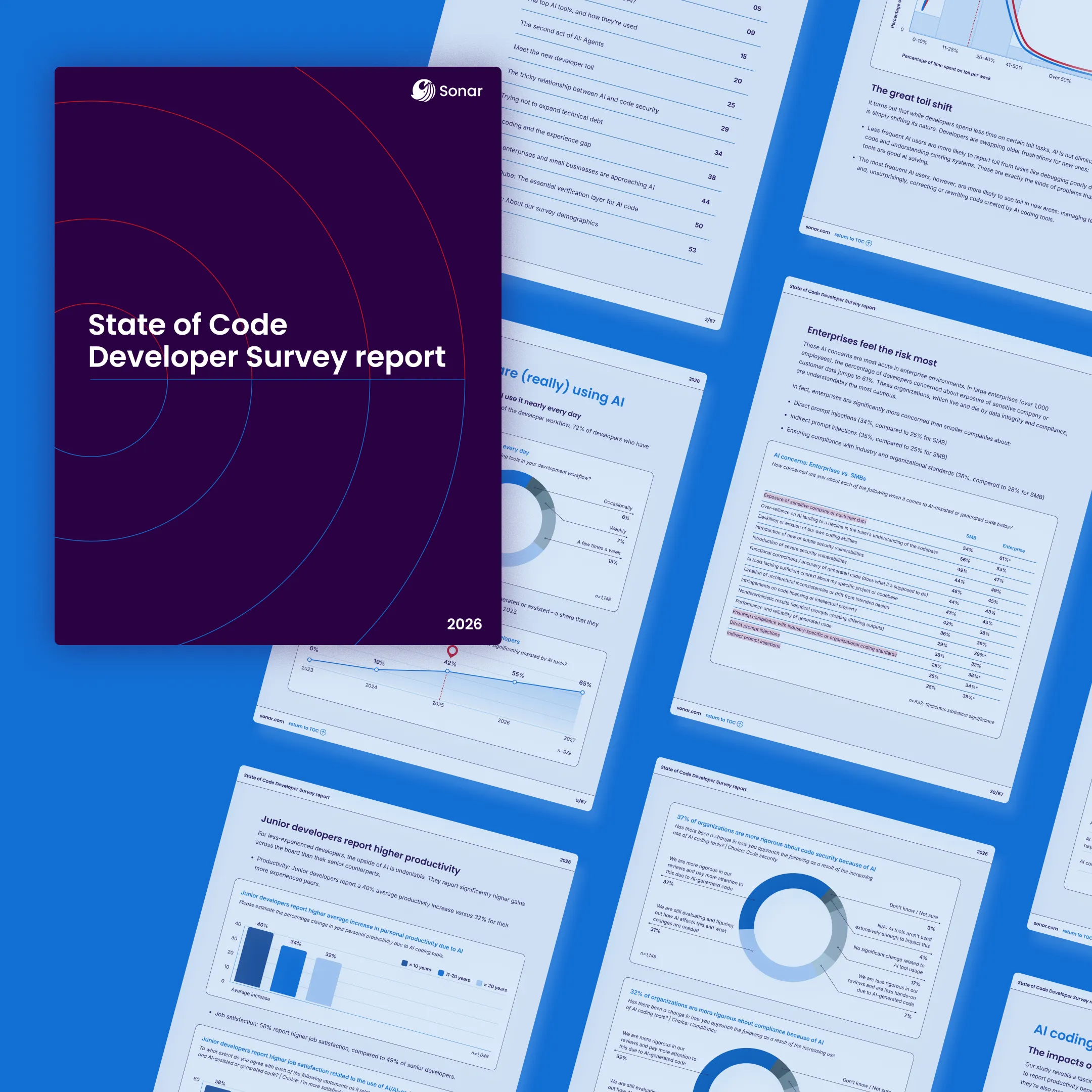

We are Sonar!
Culture is a key aspect of working at Sonar. It is our binding agent; it is what we value, what we believe in, the way we work, and the way we interact. It is what makes us SonarSourcers!
Read Blog >
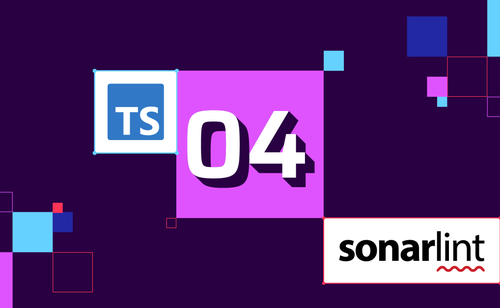
Common TypeScript Issues Nº 4: Don't create and drop objects immediately
We crunched the data from SonarQube for IDE to discover the top 5 most common TypeScript issues. In this 5 part series, we outline each issue and how to avoid it.
Read Blog >
Get new blog posts delivered directly to your inbox!
Stay up-to-date with the latest Sonar content. Subscribe now to receive the latest blog articles.
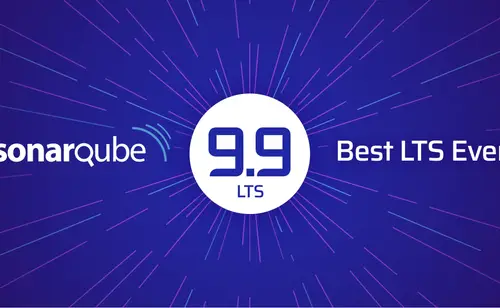
Announcing SonarQube Server 9.9 LTS!
Big year, big announcement – the most anticipated SonarQube Server 9.9 Long-Term-Support release is here! Check out this post for all details.
Read Blog >
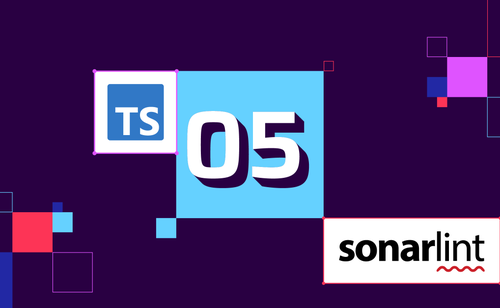
Common TypeScript Issues Nº 5: Optional property declarations
We crunched the data from SonarQube for IDE to discover the top 5 most common TypeScript issues. In this 5 part series, we outline each issue and how to avoid it.
Read Blog >
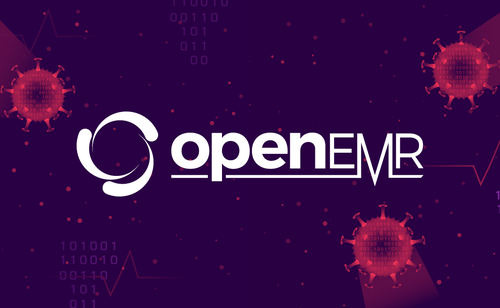
OpenEMR - Remote Code Execution in your Healthcare System
We recently discovered three vulnerabilities that allow arbitrary code execution on OpenEMR. Let’s see what we can learn from them and discuss their patches!
Read Blog >
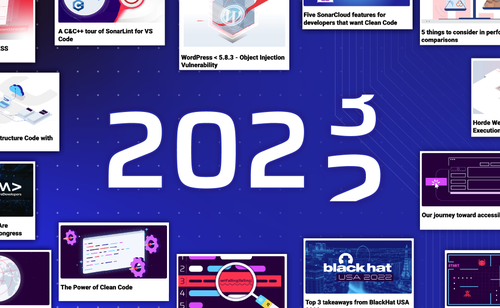
Vulnerability Research Highlights 2022
Our research team looks back at a great year and summarizes the highlights of their vulnerability research in 2022.
Read Blog >
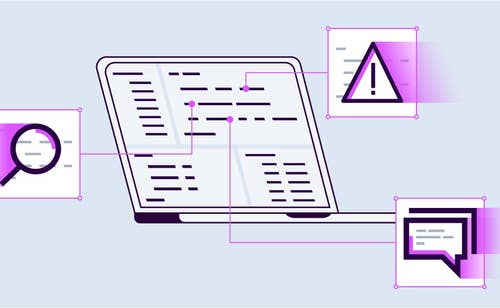
Level up your team's skills as they code
Clear context and specific education for why an issue occurs and how to fix it should be by the developers’ side without leaving the development workflow. Sonar has your answer.
Read Blog >
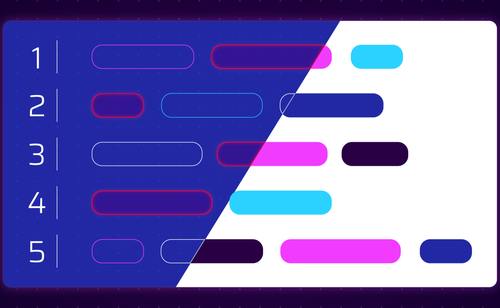
Lesser spotted React mistakes: What are we even rendering?
This series is dedicated to the small, but common pitfalls and errors you can encounter when writing React code. Whether an experienced JavaScript | TypeScript developer or just starting out, the results can be surprising.
Read Blog >

Cacti: Unauthenticated Remote Code Execution
Learn how we discovered a critical vulnerability in Cacti with the help of SonarQube Cloud.
Read Blog >
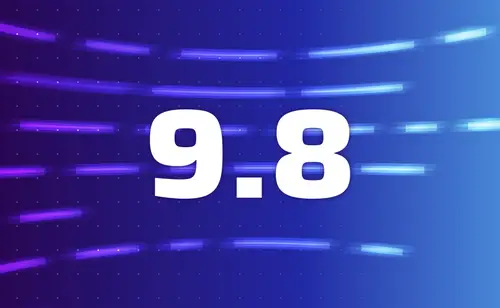
SonarQube Server 9.8 is here!
The latest version of SonarQube Server from Sonar has arrived. Check out what’s new in SonarQube Server 9.8 in this quick video and download it now.
Read Blog >

Develop Your Cloud Native Apps the Sustainable Way
Application development using cloud native technologies is a game changer for developers. With a robust, maintainable codebase, they are positioned to do their best work. Learn how Sonar has the Code Quality game plan to perfectly complement your cloud native initiatives.
Read Blog >